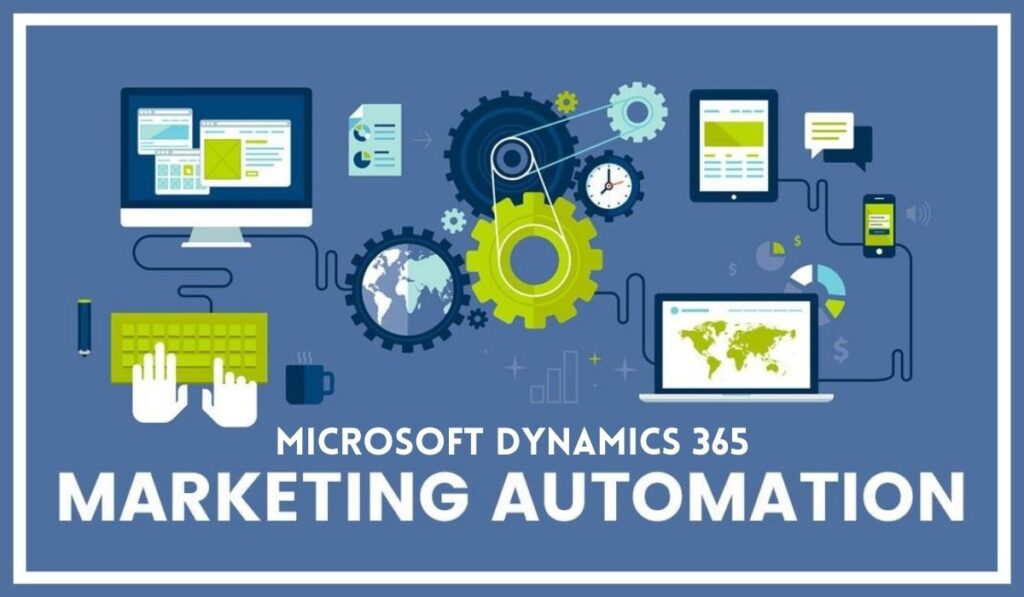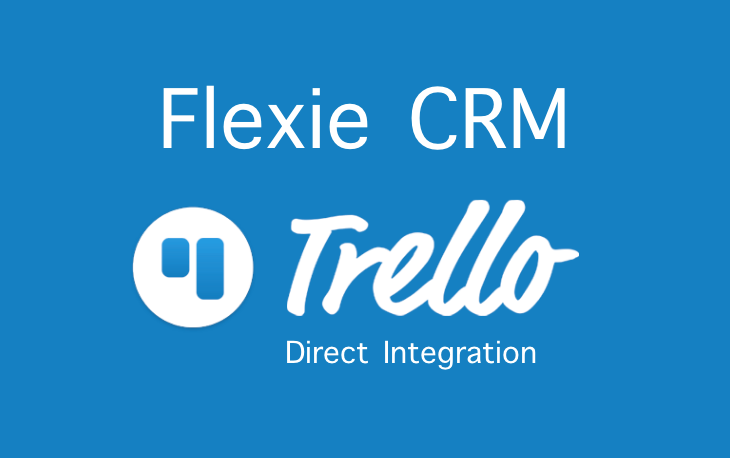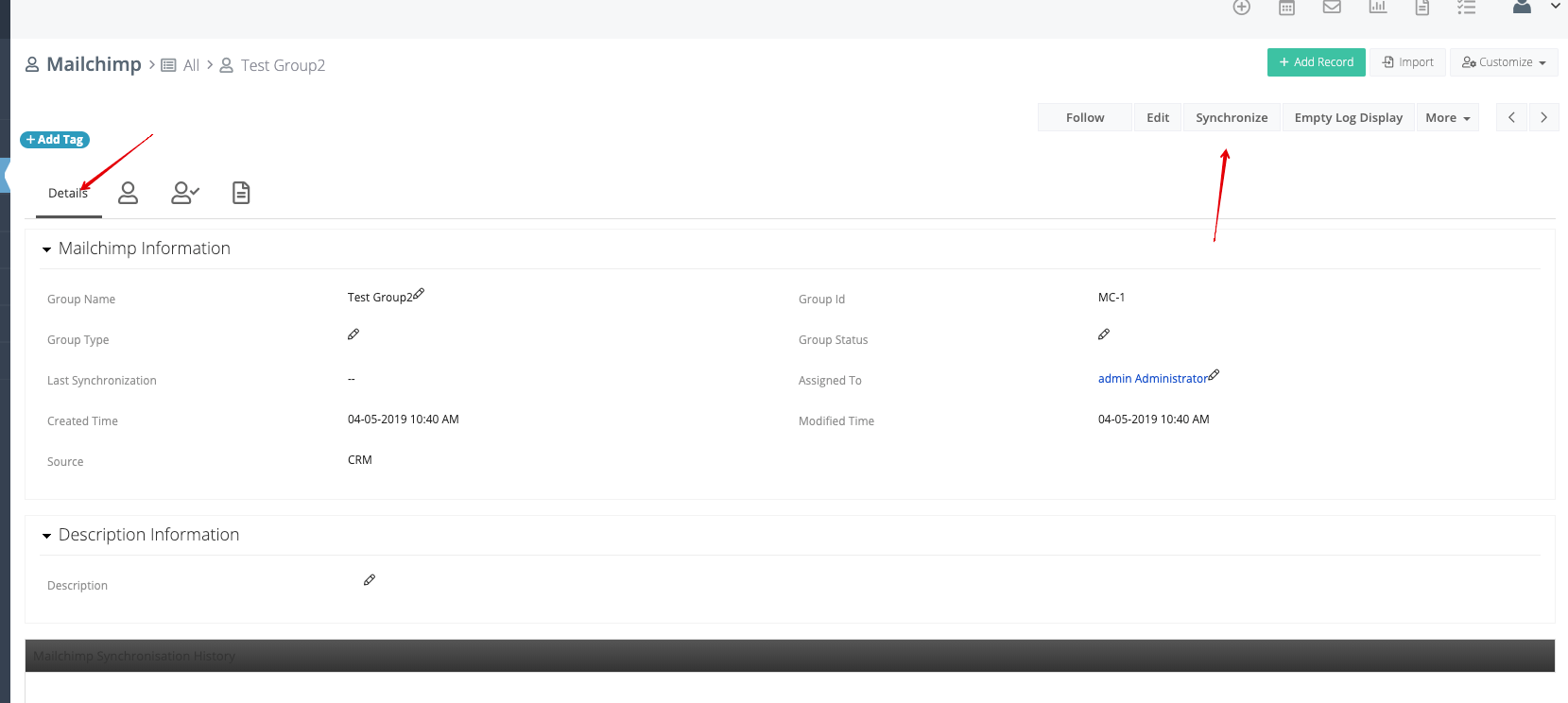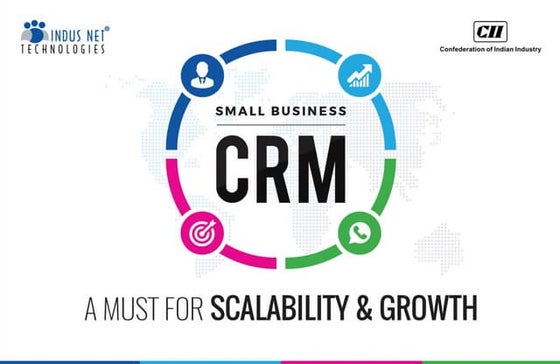
CRM Marketing Insights: A Deep Dive
In today’s hyper-competitive business landscape, understanding and nurturing customer relationships is paramount. This is where Customer Relationship Management (CRM) marketing insights come into play. They are the key to unlocking valuable data and transforming it into actionable strategies that drive growth, boost customer loyalty, and ultimately, increase your bottom line. This article delves deep into the world of CRM marketing insights, exploring their significance, benefits, and how you can leverage them to achieve your business goals. We’ll explore the core concepts, practical applications, and the future of CRM in marketing.
What are CRM Marketing Insights?
At its core, CRM marketing insights involve collecting, analyzing, and interpreting data related to your customers and their interactions with your business. This data is typically housed within a CRM system, a centralized platform designed to manage all aspects of customer interactions, from initial contact to post-purchase support. The insights gleaned from this data provide a 360-degree view of your customers, enabling you to understand their behaviors, preferences, needs, and pain points.
These insights aren’t just about knowing who your customers are; they’re about understanding why they behave the way they do. They help you identify trends, patterns, and opportunities that might otherwise go unnoticed. By analyzing this data, you can gain a competitive edge by making informed decisions, personalizing your marketing efforts, and optimizing your customer experience.
Key Components of CRM Marketing Insights:
- Data Collection: Gathering data from various sources, including website interactions, social media activity, email communications, sales transactions, and customer support interactions.
- Data Analysis: Using analytical tools and techniques to identify patterns, trends, and correlations within the collected data. This can involve segmentation, predictive analytics, and cohort analysis.
- Data Interpretation: Translating the analyzed data into meaningful insights that can inform marketing strategies and business decisions.
- Actionable Strategies: Developing and implementing strategies based on the insights gained, such as personalized marketing campaigns, targeted product recommendations, and improved customer service protocols.
Why CRM Marketing Insights Matter
In a world where customers are bombarded with marketing messages, standing out from the crowd requires a deep understanding of their needs and preferences. CRM marketing insights provide this crucial understanding. They empower businesses to move beyond generic, one-size-fits-all marketing approaches and embrace personalized, customer-centric strategies. Here’s why CRM marketing insights are so important:
Enhanced Customer Understanding
CRM insights allow you to create detailed customer profiles, including demographics, purchase history, browsing behavior, and communication preferences. This holistic view enables you to understand your customers on a deeper level, allowing you to tailor your messaging and offers to resonate with their specific needs.
Improved Customer Segmentation
By analyzing customer data, you can segment your audience into distinct groups based on shared characteristics and behaviors. This allows you to create highly targeted marketing campaigns that are more likely to convert. For example, you could segment customers based on their purchase history, lifetime value, or engagement level.
Personalized Marketing Campaigns
Personalization is no longer a luxury; it’s a necessity. Customers expect brands to understand their individual needs and preferences. CRM insights enable you to personalize your marketing efforts, from email subject lines to website content to product recommendations. This level of personalization can significantly improve engagement rates, click-through rates, and conversion rates.
Increased Customer Loyalty and Retention
By understanding your customers and providing them with relevant, personalized experiences, you can foster stronger relationships and build customer loyalty. CRM insights help you identify at-risk customers and proactively address their concerns. They also allow you to reward your most valuable customers with exclusive offers and personalized attention, further strengthening their loyalty.
Optimized Marketing ROI
CRM insights help you optimize your marketing spend by targeting the right customers with the right messages at the right time. This leads to improved marketing ROI, as you’re more likely to convert leads into customers and retain existing customers. You can also use insights to identify which marketing channels are most effective and allocate your budget accordingly.
Better Sales Team Performance
CRM insights provide sales teams with valuable information about leads and customers, enabling them to close deals more efficiently. Sales reps can use CRM data to understand customer needs, tailor their sales pitches, and provide personalized follow-up. This leads to increased sales productivity and higher conversion rates.
How to Gather CRM Marketing Insights
The process of gathering CRM marketing insights involves several key steps. It’s not just about having a CRM system; it’s about utilizing it effectively to extract meaningful data and translate it into actionable strategies. Here’s a detailed breakdown of the process:
1. Choose the Right CRM System
The foundation of effective CRM marketing insights is a robust and well-implemented CRM system. The right system will depend on your specific business needs, but key considerations include:
- Scalability: Can the system grow with your business?
- Integration Capabilities: Does it integrate with your existing marketing tools and platforms?
- Ease of Use: Is it user-friendly and easy for your team to adopt?
- Reporting and Analytics: Does it offer comprehensive reporting and analytics capabilities?
- Data Security: Does it comply with data privacy regulations?
Popular CRM systems include Salesforce, HubSpot, Microsoft Dynamics 365, and Zoho CRM. Research and compare different systems to find the one that best suits your needs.
2. Data Collection and Integration
Once you’ve chosen your CRM system, the next step is to collect and integrate data from various sources. This includes:
- Website Data: Track website visits, page views, form submissions, and other interactions using website analytics tools like Google Analytics and integrate this data with your CRM.
- Social Media Data: Monitor social media activity, including mentions, comments, and messages, and integrate this data with your CRM. Many CRM systems offer social media integration capabilities.
- Email Marketing Data: Track email open rates, click-through rates, and conversions using email marketing platforms like Mailchimp or Constant Contact and integrate this data with your CRM.
- Sales Data: Integrate sales data from your point-of-sale (POS) system or e-commerce platform with your CRM to track customer purchases and sales performance.
- Customer Service Data: Integrate customer service data from your help desk or ticketing system with your CRM to track customer support interactions and identify common issues.
Ensure that all your data sources are properly integrated with your CRM system to create a unified view of your customer data.
3. Data Analysis and Interpretation
With your data collected and integrated, it’s time to analyze it and extract meaningful insights. This involves:
- Data Cleaning and Preparation: Clean and prepare your data by removing duplicates, correcting errors, and standardizing formats.
- Segmentation: Segment your customer base based on demographics, purchase history, behavior, and other relevant criteria.
- Reporting: Generate reports on key metrics such as customer acquisition cost, customer lifetime value, conversion rates, and churn rate.
- Trend Analysis: Identify trends and patterns in your data to understand customer behavior and predict future outcomes.
- Predictive Analytics: Use predictive analytics to forecast customer behavior, such as predicting which customers are likely to churn or which products they are likely to purchase.
Use CRM system’s built-in reporting and analytics tools or integrate with third-party analytics platforms for more advanced analysis.
4. Actionable Strategies and Implementation
The final step is to translate your insights into actionable marketing strategies and implement them. This involves:
- Personalized Marketing Campaigns: Create personalized email campaigns, website content, and product recommendations based on customer segments and individual preferences.
- Targeted Advertising: Target your advertising campaigns to specific customer segments based on their interests and behaviors.
- Improved Customer Service: Use customer service data to identify common issues and improve your customer service processes.
- Product Development: Use customer feedback and purchase data to inform product development and identify new product opportunities.
- Sales Team Enablement: Provide your sales team with insights into customer needs and preferences to help them close deals more efficiently.
Continuously monitor your results and refine your strategies based on your performance.
Examples of CRM Marketing Insights in Action
Let’s explore some real-world examples of how CRM marketing insights can be used to drive business success:
E-commerce:
An e-commerce company can use CRM insights to:
- Personalize product recommendations: Based on a customer’s purchase history and browsing behavior, recommend relevant products.
- Send abandoned cart emails: Remind customers who have added items to their cart but haven’t completed their purchase.
- Offer exclusive discounts: Reward loyal customers with exclusive discounts and promotions.
Result: Increased sales, higher customer lifetime value, and improved customer satisfaction.
Healthcare:
A healthcare provider can use CRM insights to:
- Personalize patient communications: Send patients appointment reminders, health tips, and personalized newsletters.
- Identify at-risk patients: Identify patients who are due for preventative care or who may be at risk of developing a health condition.
- Improve patient engagement: Provide patients with access to online portals, appointment scheduling, and other resources.
Result: Improved patient outcomes, increased patient satisfaction, and reduced healthcare costs.
Financial Services:
A financial services company can use CRM insights to:
- Cross-sell and up-sell products: Recommend relevant financial products and services based on a customer’s financial needs and goals.
- Personalize financial advice: Provide customers with personalized financial advice based on their financial situation.
- Improve customer retention: Identify customers who are at risk of churning and proactively address their concerns.
Result: Increased revenue, higher customer lifetime value, and improved customer loyalty.
Tools and Technologies for CRM Marketing Insights
Several tools and technologies can help you gather, analyze, and leverage CRM marketing insights. These include:
CRM Systems:
As mentioned earlier, the foundation of your CRM marketing efforts is a robust CRM system. Choose a system that meets your specific business needs and integrates with your other marketing tools.
Marketing Automation Platforms:
Marketing automation platforms, such as HubSpot, Marketo, and Pardot, can help you automate your marketing campaigns and personalize your customer interactions. These platforms often integrate with CRM systems to provide a seamless view of your customer data.
Business Intelligence (BI) Tools:
BI tools, such as Tableau and Power BI, can help you visualize and analyze your CRM data. These tools can create dashboards and reports that provide insights into your marketing performance and customer behavior.
Data Analytics Platforms:
Data analytics platforms, such as Google Analytics, can help you track website traffic, user behavior, and other important metrics. Integrate these platforms with your CRM to gain a more comprehensive view of your customer data.
Customer Data Platforms (CDPs):
CDPs are specialized platforms that collect and unify customer data from various sources. They provide a centralized view of your customer data and can be used to personalize your marketing efforts. Examples include Segment and Tealium.
Challenges and Best Practices
While CRM marketing insights offer significant benefits, there are also challenges to consider. However, by following best practices, you can overcome these challenges and maximize the value of your CRM data:
Data Privacy and Security
Data privacy and security are paramount. Ensure that you comply with all relevant data privacy regulations, such as GDPR and CCPA. Implement robust security measures to protect your customer data from unauthorized access.
Data Quality
The quality of your data is critical. Regularly clean and validate your data to ensure its accuracy and reliability. Implement data governance policies to maintain data quality over time.
Integration Complexity
Integrating your CRM system with other marketing tools and platforms can be complex. Choose a CRM system that integrates seamlessly with your existing tools and consider working with a consultant to ensure a smooth integration process.
Data Silos
Avoid data silos by ensuring that all your marketing data is stored in a centralized location. Integrate your CRM system with all your other marketing tools and platforms to create a unified view of your customer data.
Best Practices:
- Start with Clear Goals: Define your business goals and identify the key metrics you need to track to achieve those goals.
- Focus on Customer-Centricity: Always put your customers first and focus on providing them with a positive experience.
- Invest in Training: Train your team on how to use your CRM system and analyze data effectively.
- Continuously Monitor and Optimize: Regularly monitor your results and refine your strategies based on your performance.
- Prioritize Data Privacy: Always prioritize data privacy and security.
The Future of CRM Marketing Insights
The future of CRM marketing insights is bright, with several emerging trends set to shape the industry:
Artificial Intelligence (AI) and Machine Learning (ML)
AI and ML are already transforming CRM marketing. These technologies can automate tasks, personalize customer interactions, and predict customer behavior with greater accuracy. Expect to see more AI-powered CRM solutions in the future.
Personalization at Scale
Customers expect personalized experiences, and AI and ML will enable businesses to deliver personalization at scale. This means creating highly targeted marketing campaigns that are tailored to individual customer preferences and behaviors.
Customer Journey Mapping
Customer journey mapping will become even more important. By understanding the customer journey, businesses can identify pain points and optimize their marketing efforts to provide a seamless customer experience.
Focus on Data Privacy
Data privacy will continue to be a top priority. Businesses will need to be transparent with their customers about how they collect and use their data and comply with all relevant data privacy regulations.
Integration of Emerging Technologies
CRM systems will integrate with emerging technologies, such as the Internet of Things (IoT) and augmented reality (AR), to provide even more personalized and immersive customer experiences.
Conclusion: Harnessing the Power of CRM Marketing Insights
CRM marketing insights are no longer a luxury; they are a necessity for businesses that want to succeed in today’s competitive landscape. By collecting, analyzing, and interpreting customer data, you can gain a deep understanding of your customers and their needs. This understanding allows you to personalize your marketing efforts, improve customer loyalty, and drive business growth.
By choosing the right CRM system, integrating your data sources, analyzing your data effectively, and implementing actionable strategies, you can unlock the full potential of CRM marketing insights. Embrace the future of CRM marketing, and you’ll be well-positioned to build stronger customer relationships, increase customer lifetime value, and achieve your business goals.




